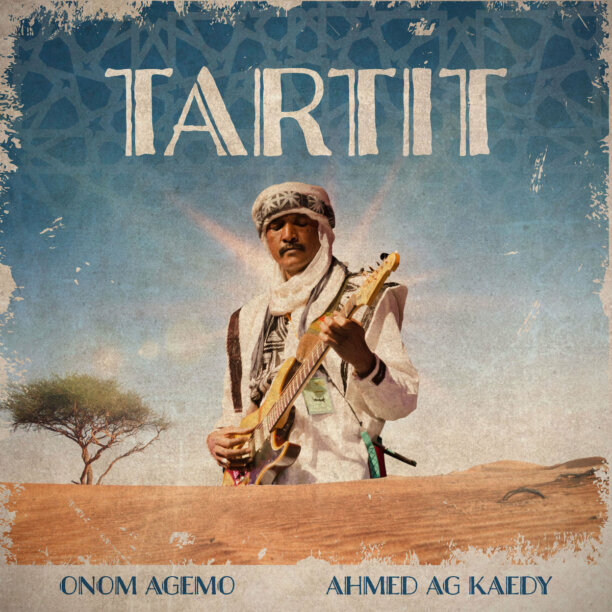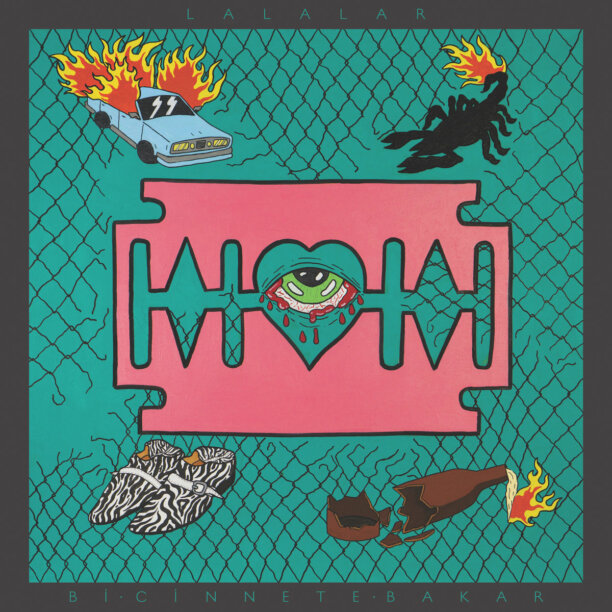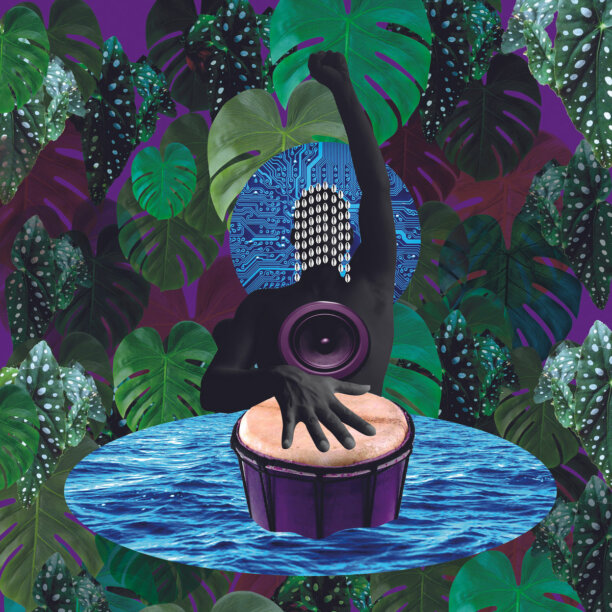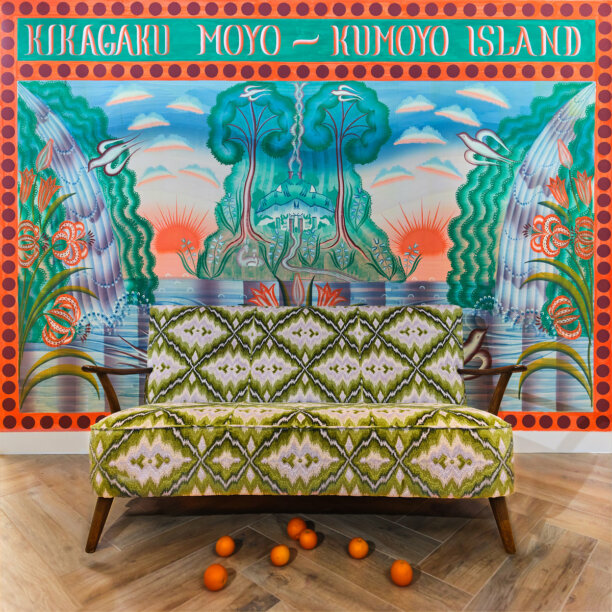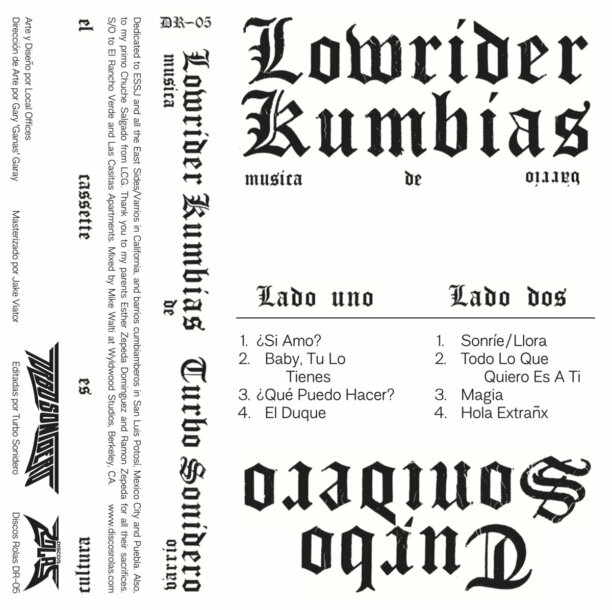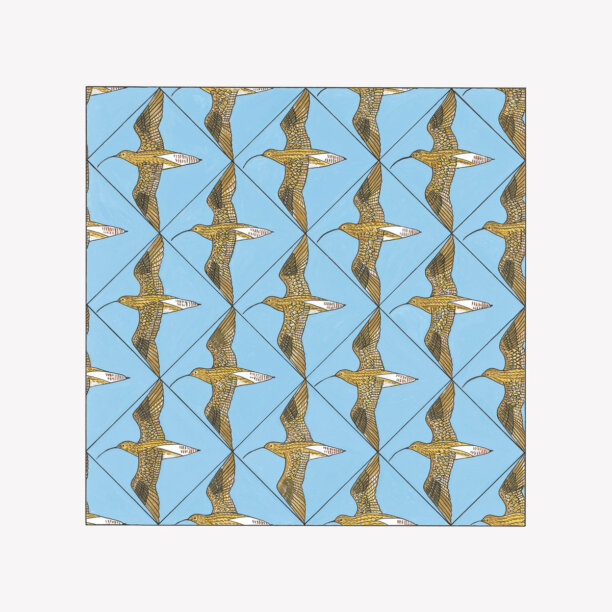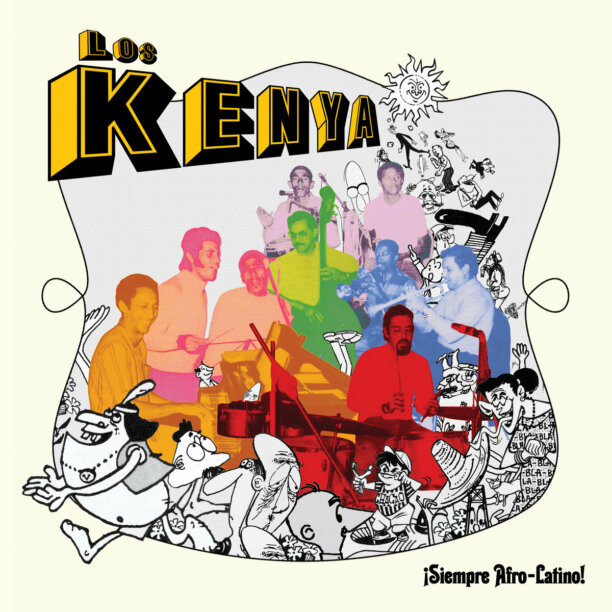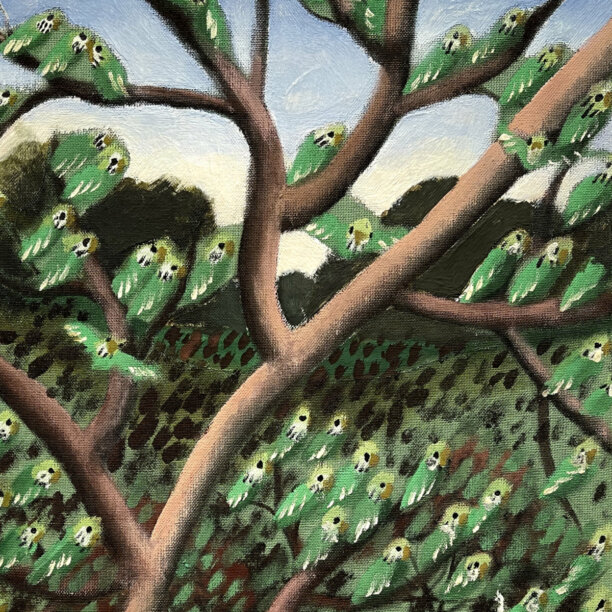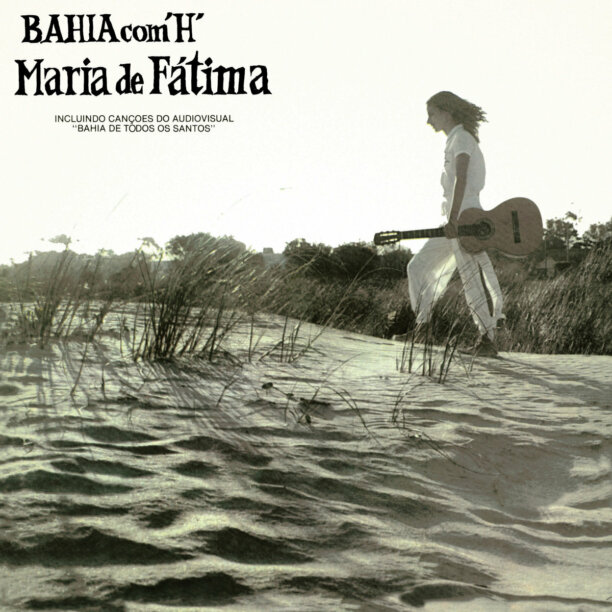Rhythm Revolution
Fuzzing through our stereo come the sounds of freedom inherent to the funk and rock 'n' roll movement of the 1960s and 1970s, music in its rawest and most genuine form, as a means of political expression. This is the first we are hearing of "Beninese musical visionary" Ferry Djimmy and his "Rhythm Revolution", an album "originally recorded in the mid-1970s in support of Benin’s revolutionary leader Mathieu Kérékou," but that doesn't lessen its impact. Instead, the music rumbling through our speaker system is nothing short of extraordinary, as is the life story of this man.
Born Jean Maurille Ogoudjobi in 1939, Ferry Djimmy had 43 siblings. Ferry Djimmy was a nickname given to him, a short form of 'please forgive me' in Yoruba, seeing "as he was a very smart but unruly kid." He eventually became a schoolteacher and got involved in professional boxing. "When he wasn’t teaching or fighting, he also caught up with the emerging night scene in the city of Cotonou, where local folklore, Congolese rumba, highlife and Cuban adaptations were favoured by local audiences as well as some blues, jazz and rhythm’n’blues." After relocating to Paris in the late 1960s, he became a policeman and occasionally served as a bodyguard to Jacques Chirac before the future President of France became the mayor of Paris.
It was in Paris, that Ferry Djimmy recorded his first two singles "A Were We Coco" and "Oluwa Loranmi Nichai" – also to be found on the album – but by 1974, he had returned to Cotonou amidst an ongoing revolution led by General Mathieu Kérékou, proponent of a Marxist-Leninist ideology. Being the tall and charismatic young man that he was, Ferry Djimmy was quick to make an impression on Kérékou, who decided that Djimmy's striking personality could potentially "seduce the younger generation in a funkier way than straight Socialist speeches." He was awarded a budget, which enabled him to start his own imprint called Revolution Records.
Drawing inspiration from the Nigerian afrobeat movement, but also "wanting his [own] musical vision to stay as intact and raw as possible," he began recording in Cotonou at Satel studio, playing guitar, saxophone, drums and percussion as well as keyboards, while maintaining a potent vocal delivery. "The resulting album is [one of Afrobeat’s most mysterious and rare records as well as] one of the toughest and deepest slices of African funk ever cut, combining raw African rhythms with distortion, energy and wit. In spite of obvious nods to James Brown, Fela Kuti, George Clinton and Jimi Hendrix, Ferry Djimmy managed to create something very unique."
Unfortunately, as per usual, this original work of art was ahead of its time: "Way too wild, too far out, 'Rhythm Revolution' couldn’t sustain the Ehouzou (Revolution) ideology and Kérékou lost interest in Ferry as his plan to speak to the youth didn’t work out. [...] Rumour has it that less than two hundred copies survived a late-‘70s fire." Ferry Djimmy and his family relocated to Lagos, where he spent time with friends and like-minded artists such as Fela Kuti, Orlando Julius, Geraldo Pino and King Sunny Ade. He continued touring and recording, but no longer released new music. In 1996, he died of heart failure.
"Rhythm Revolution" is more than your run-of-the-mill musical uprising, it’s a revelation. Loud, defiant and beautifully unhinged, it seems that Ferry Djimmy put his music before any type of ideology, trusting in the power of the groove, insane riffs, ferocious rhythms and wild keys to lead the way, not to mention his vocal poise and breathtaking stamina. This album is high octane and no doubt monumental, a burst of energy resembling a supernova, hurtling through space and time to touch future generations and work its subversive magic.
Earlier this month, "Rhythm Revolution" was reissued on Acid Jazz Records, including the fierce original album artwork by Ferry Djimmy's friend Gratien Zossou and extensive liner notes by Florent Mazzoleni. You can stream/buy the full re-release via the player below and view some archive imagery in the short companion video.


